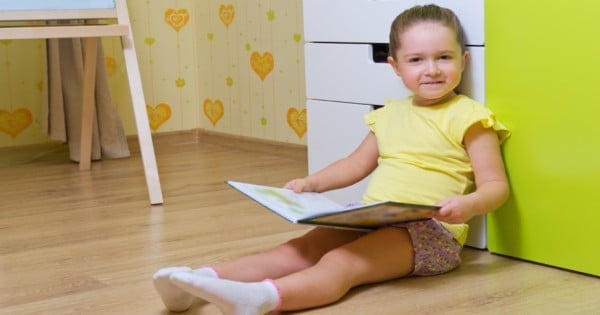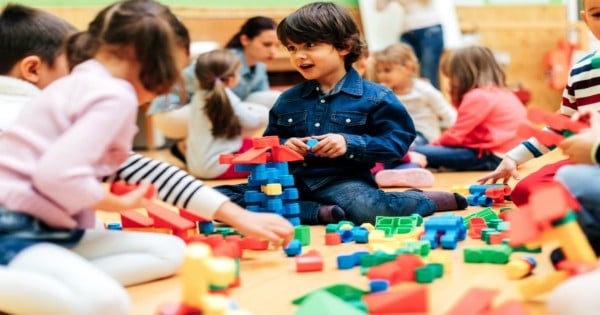
A disturbing report has revealed that 60,000 children start school every year developmentally behind in Australia and that more than 30 per cent of preschool education centres are not meeting minimum national standards.
The report by the Mitchell Institute at Victoria University has shown that one in three children do not get the number of early childhood hours they need.
It’s concerning reading.

60,000 other children are being let down by a second rate early childhood education system that falls far behind other nations.Image via IStock.
My own four-year-old daughter attends our local pre-school a short walk away from our home. There she plays and paints, she learns to be confident and to communicate. In the tree-filled playground she runs, and jumps and laughs with her friends.




Top Comments
The issue as I see it is that there has been a concerted push for parents to quickly return to work and to place their children in childcare, yet as an industry wildly varying childcare education standards are failing a significant number of children. As a society we are encouraging working mothers and fathers to outsource some areas of childcare/education, but in outsourcing to an industry that has significant variations in quality, we are disadvantaging many children. We want more mothers returning to the workforce, but there are children falling behind educationally because too many childcare providers are unable to provide the educational benefits previous statistics suggested they provided. People were and are returning to the workforce sincerely believing that childcare educators can not only educate a child as well as a parent could, but that they can do a better job than a non childcare qualified parent could do. The level of expert trust we have been expected to place on the industry as a whole, does not actually correlate with the minimum level of expertise required within the industry. There are exceptional early learning/child care centres out there, sadly less qualified staff tend to coast along on the reputation of the industries best and little is done to improve minimum standards. We outsource based on misleading information about that standards that can be realistically expected, because the information we have received reflects the best of the industry not the spectrum of the industry.
I agree that parents are primarily responsible. However, what about the children of parents who are drug dependant, ignorant, don't care, English is not their first language or are unable for whatever reason to accept that they are responsible? This is a lot or kids in our society and these kids need good quality early childhood education to avoid falling into serious disadvantage in later life which leads to all sorts of societal problems. The kids from the so called "good parents" would also benefit too, just maybe not as much as the disadvantaged kids. Helping these kids helps us all and saves a lot of $ for taxpayers in the long run!